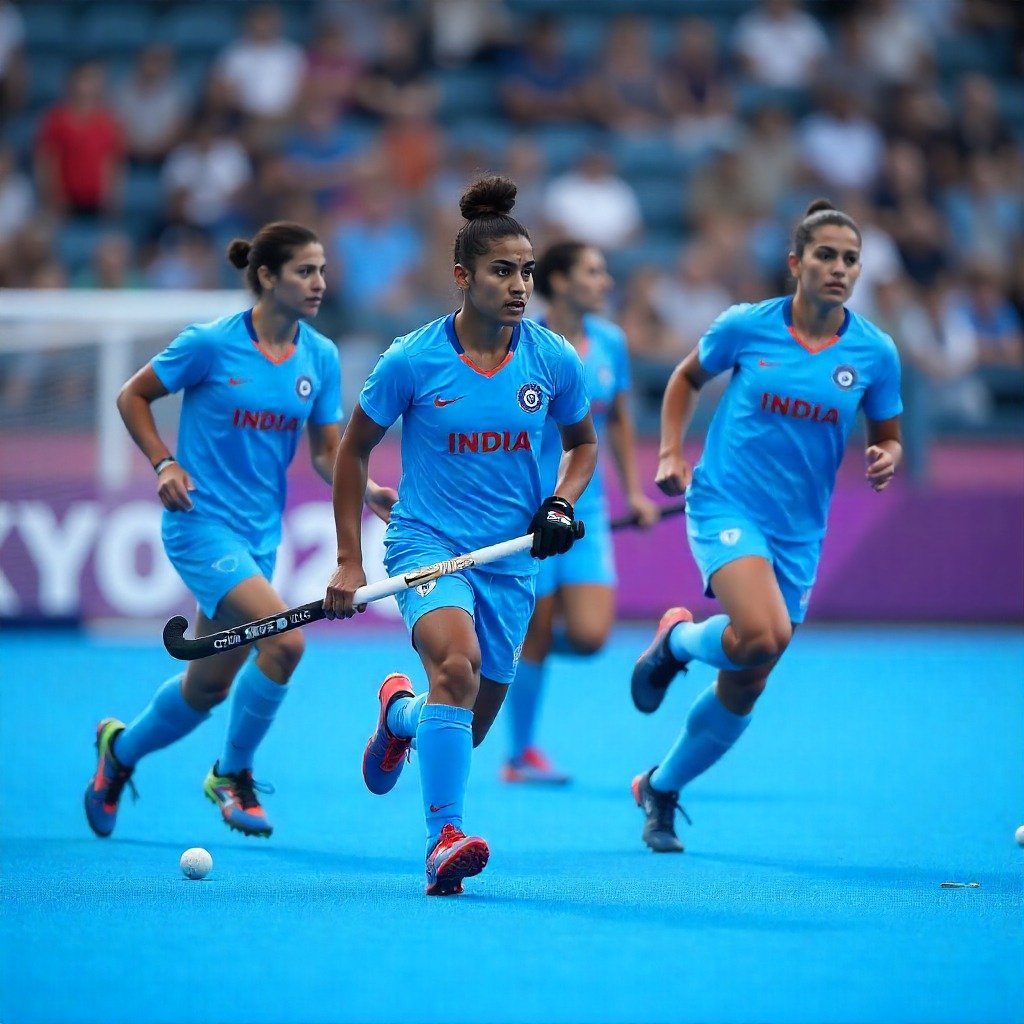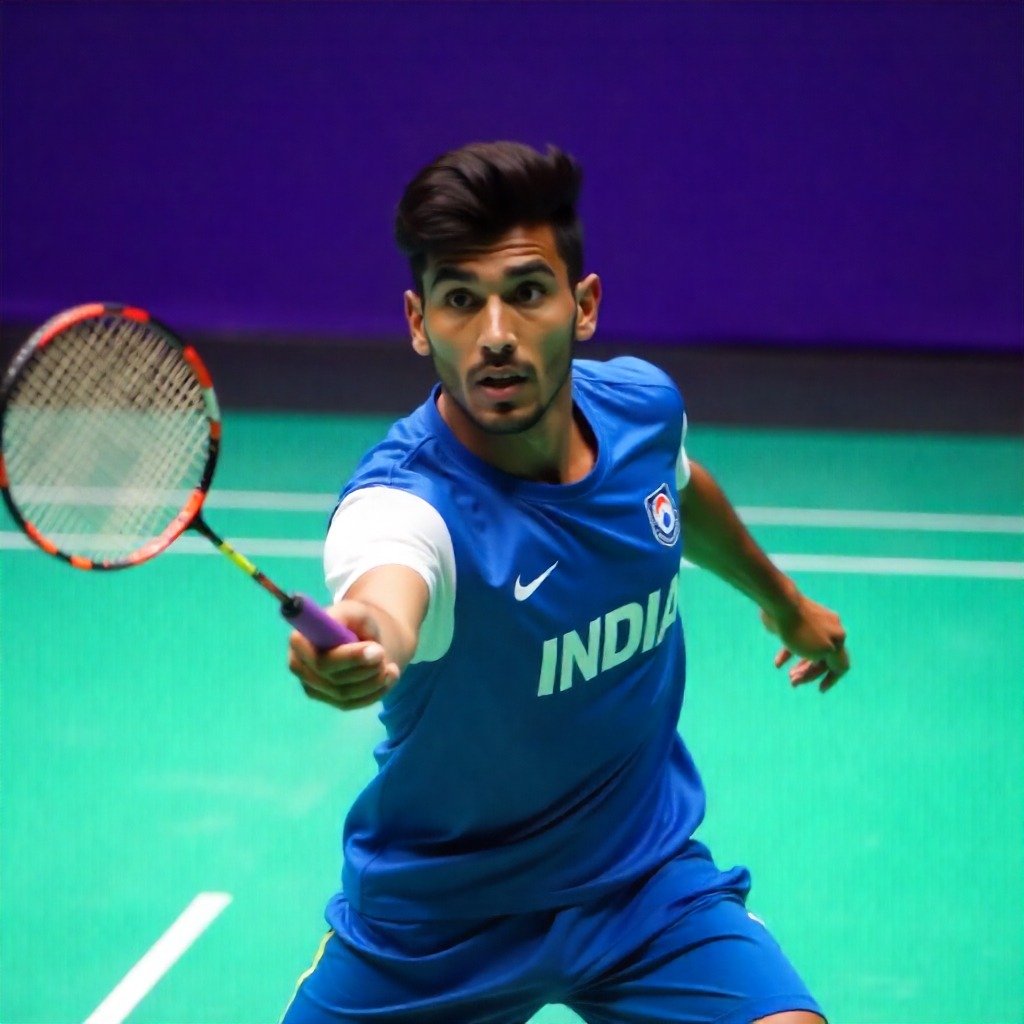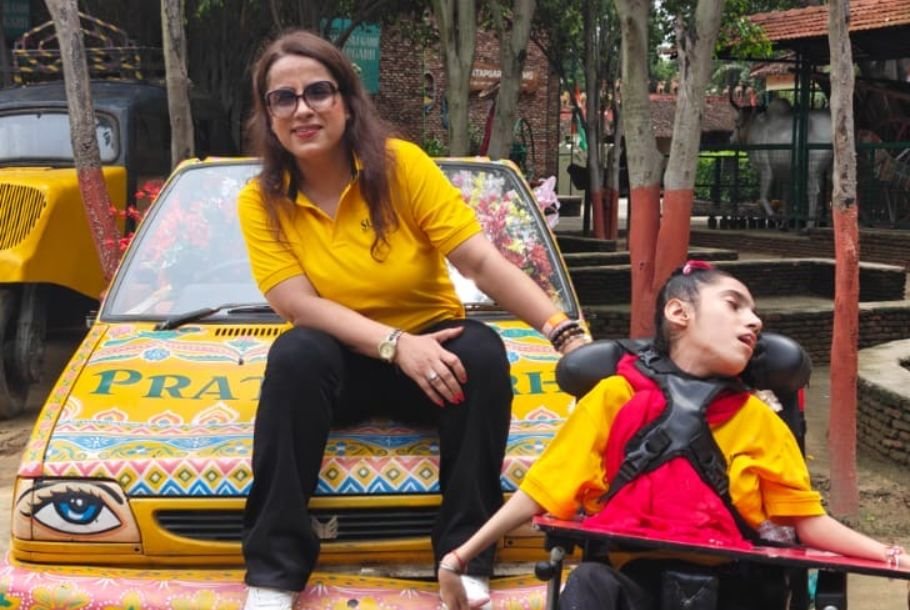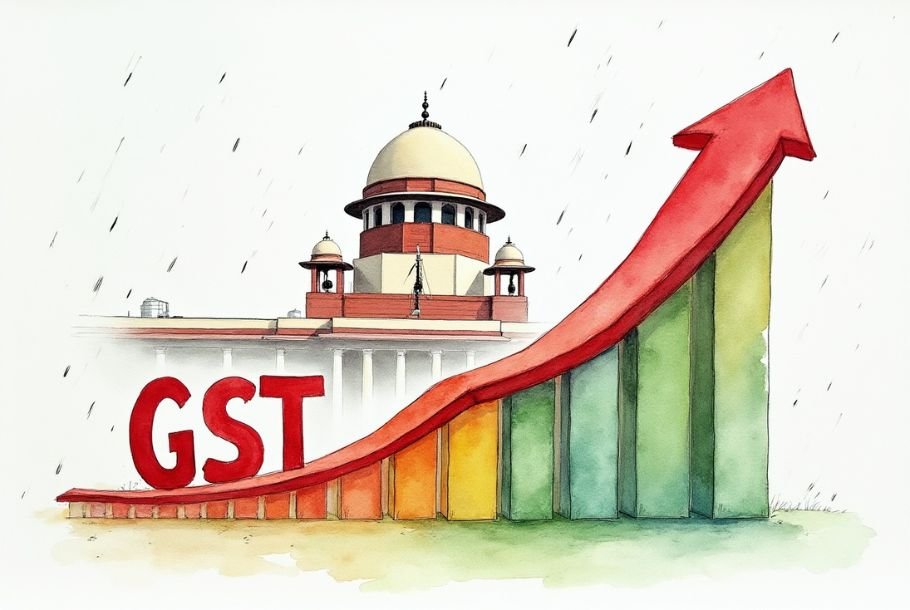
The Union Cabinet has officially approved the National Sports Policy 2025, marking a major milestone in India’s journey toward becoming a global sporting powerhouse. This new policy replaces the earlier framework from 2001 and introduces a fresh, inclusive, and forward-looking roadmap that integrates sports with national development, economic growth, and social transformation.
At its core, the policy is built on five key pillars: Excellence on the Global Stage, Sports for Economic Development, Sports for Social Development, Sports as a People’s Movement, and Integration with Education. Together, these pillars aim to reshape India’s sporting ecosystem from the grassroots to elite levels.

Excellence on the Global Stage
The policy emphasizes early identification and nurturing of talent, especially in rural and tribal areas. It promotes the creation of competitive leagues, improved coaching systems, and world-class training infrastructure. Sports science, medicine, and technology will be integrated to enhance athlete performance. The goal is to prepare India for major international events, including the 2036 Olympic Games, and to build a strong pipeline of athletes who can compete at the highest level.
Sports for Economic Development
Recognizing the economic potential of sports, the policy encourages sports tourism, manufacturing of sports goods, and startups in the sector. It also promotes Public-Private Partnerships (PPPs) and Corporate Social Responsibility (CSR) funding to support infrastructure, training, and innovation. By tapping into India’s growing sports market, the policy aims to create jobs, attract investment, and boost entrepreneurship.
Sports for Social Development
The policy takes a strong stand on inclusion and equity. It promotes participation among women, persons with disabilities, tribal communities, and economically weaker sections. Indigenous and traditional games will be revived and supported. Sports will also be positioned as a viable career option, with dual-career pathways and volunteering opportunities. This approach ensures that sports become a tool for empowerment and social change.
Sports as a People’s Movement
To make sports a part of everyday life, the policy proposes nationwide campaigns and community events. Fitness indices for schools, colleges, and workplaces will be introduced. Access to sports facilities will be expanded, and underutilized spaces will be repurposed for public use. The aim is to build a culture of fitness and participation across all age groups and regions.

Integration with Education
Aligned with the National Education Policy (NEP) 2020, the new sports policy integrates sports into school curricula. Physical education teachers will receive specialized training, and institutional feeder systems will be created to identify talent early. This ensures that sports and academics go hand in hand, promoting holistic development.
Strategic Implementation
The policy outlines a robust implementation framework, including:
- A national monitoring system with clear benchmarks and Key Performance Indicators (KPIs)
- Legal reforms for governance and athlete safety
- Use of AI and data analytics for performance tracking
- A model policy for states and union territories to align local efforts with national goals
- A whole – of – government approach, integrating sports into the programs of all ministries and departments
CSR and Private Sector Role
The National Sports Policy 2025 opens new avenues for CSR engagement. Companies can support athlete development, infrastructure, and community programs through initiatives like “Adopt an Athlete” or “One Corporate-One Sport”. This creates meaningful opportunities for businesses to contribute to nation-building through sports.
Conclusion
The approval of the National Sports Policy 2025 is more than a policy update—it’s a vision for a healthier, more inclusive, and globally competitive India. By linking sports with education, economy, and social development, the policy sets the stage for transformative change. For CSR stakeholders, it offers a powerful platform to invest in impact-driven initiatives that uplift communities and celebrate excellence.


















